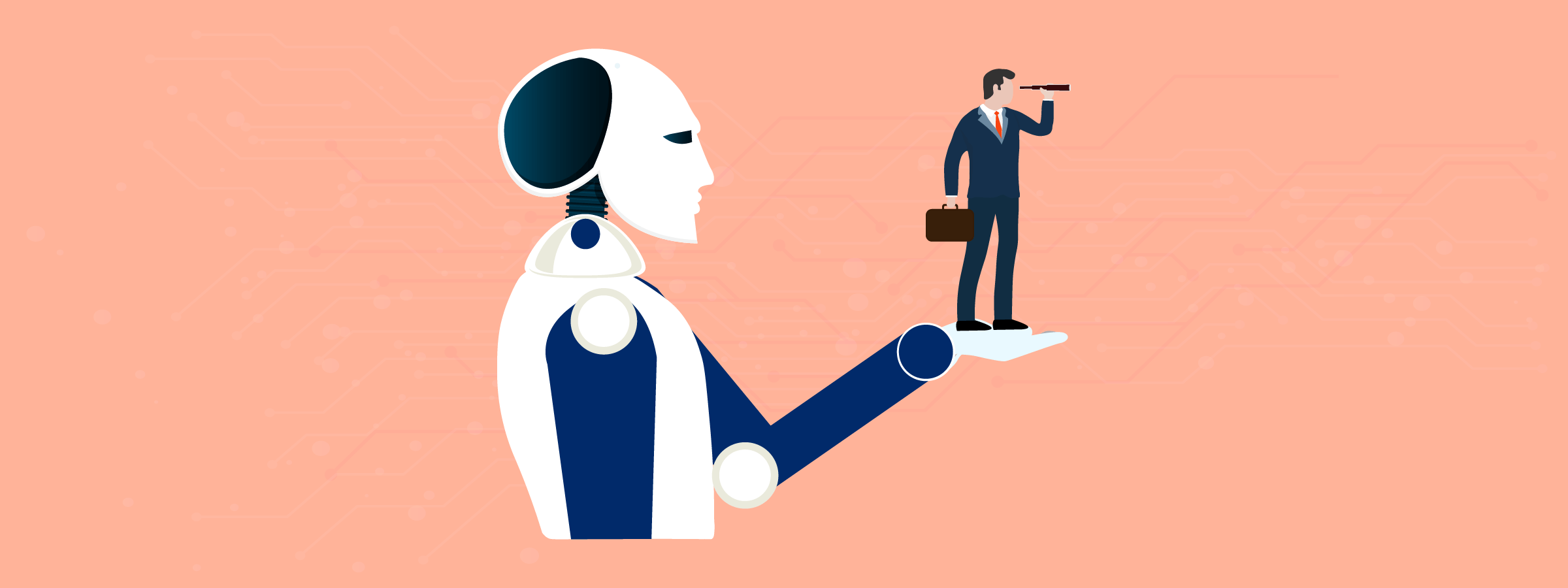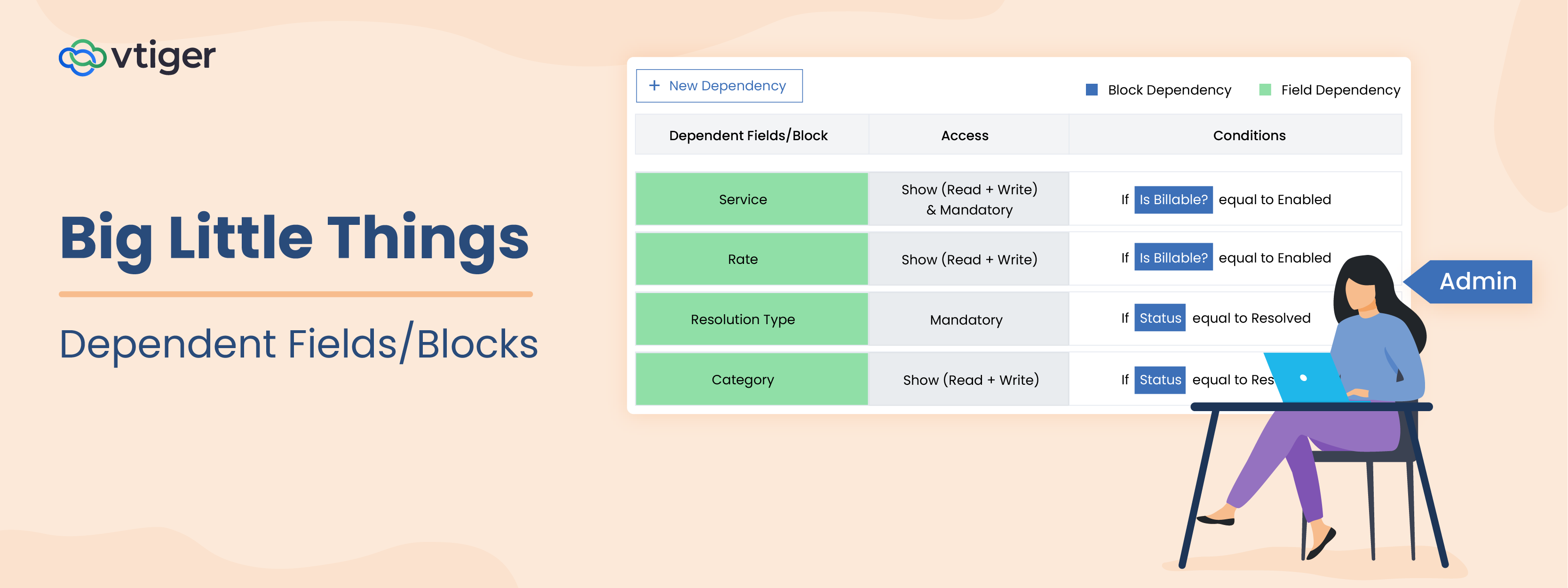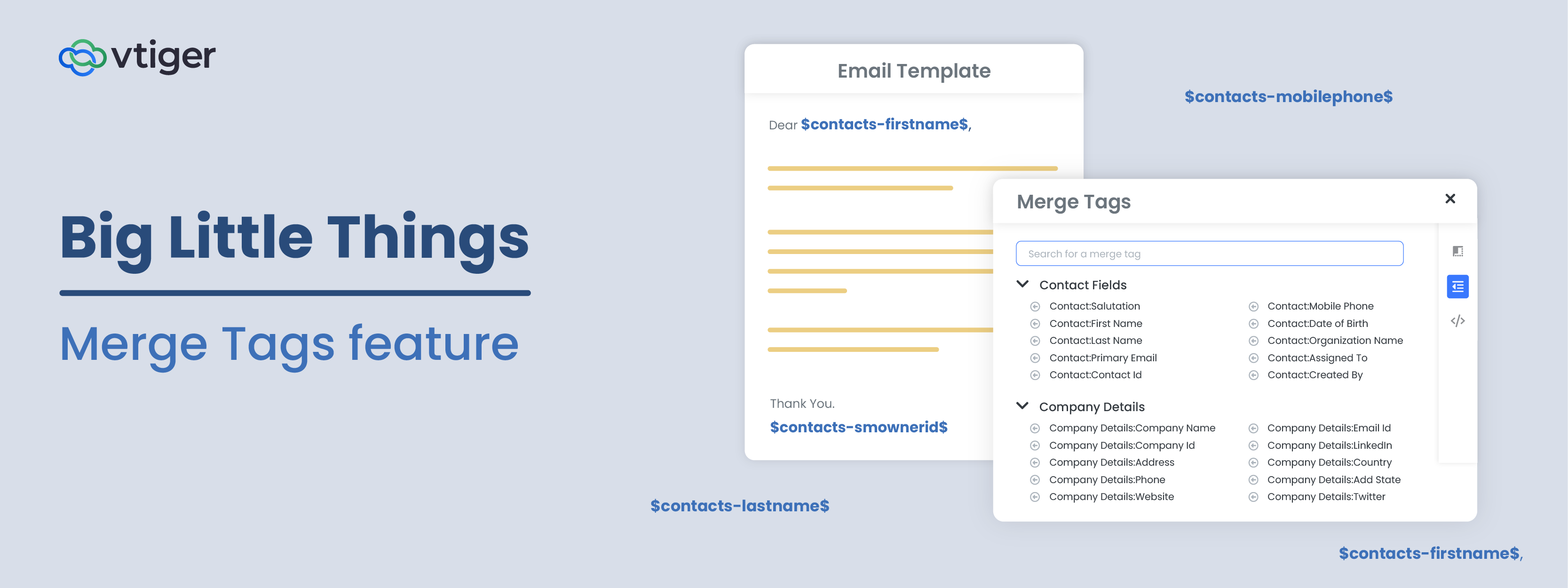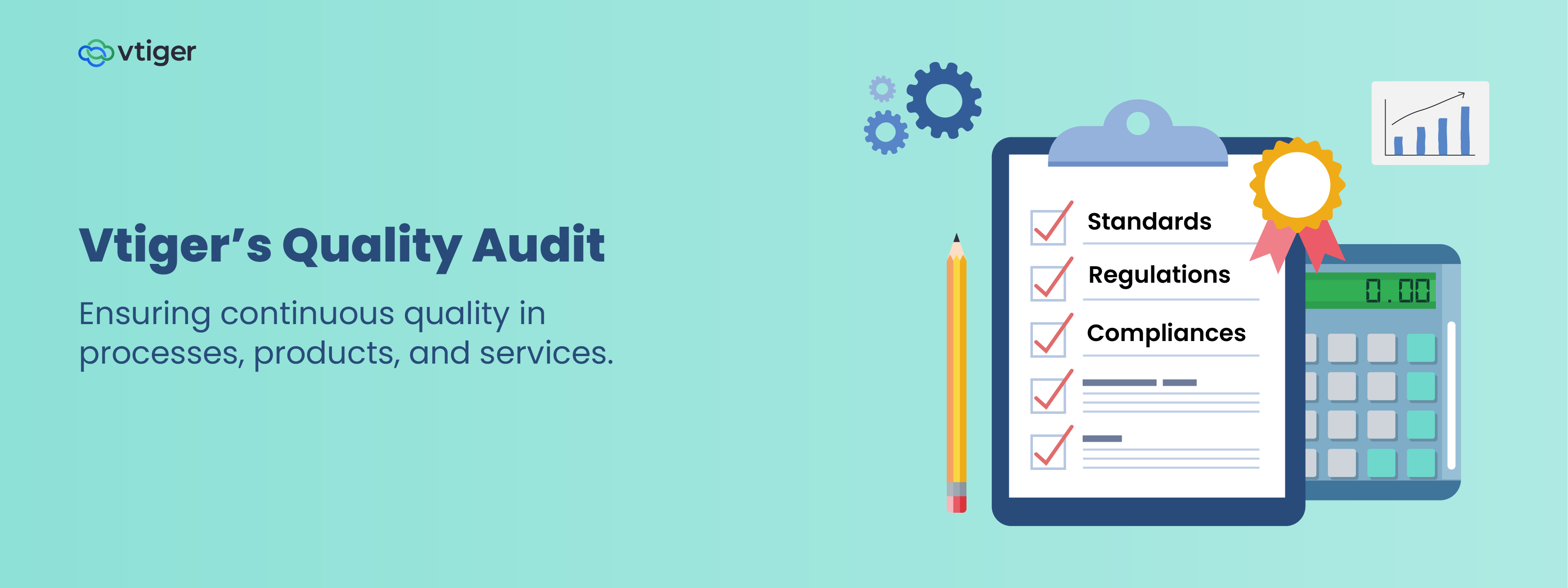Sales teams cannot afford delayed response times, context-agnostic recommendations, or time spent on administrative activities. This is where AI becomes critical in sales. According to McKinsey Global Institute, AI will automate 45% of mundane work sales associates do every day. Furthermore, AI easily tackles challenges related to creating compelling sales pitches, prioritizing deals, and reaching out at the right time.
Download our latest ebook to understand what AI is and how will it impact sales process as we know it. In the process of creating this ebook, we reached out to several experts to tell us what to expect from AI in the near future. So, you will find some valuable views and insights that have not been shared anywhere else. Further, you will understand if AI is set to replace human sales associates and then learn how humans can beat AI in sales.
Michael Fauscette | Chief Research Officer at G2 Crowd
“AI is showing up across the entire enterprise application suite, and in particular has great potential to add value to sales. Currently it’s function is mostly to automate tasks and to help sales people make decisions more easily by providing a more complete profiles of prospects and customers. In the near future though, sales teams will have the capability to become increasingly more productive and effective in executing interactions with prospects and customers based on AI / predictive intelligence. We all leave digital traces across the Internet and given the right set of tools those traces can provide sales reps the “right stuff” to greatly improve customer experience by more deeply understanding their needs.”
Here are a few ways how AI will enable smarter sales:
Automation of repetitive sales activities:
- Data collection: Chatbots on websites and voice assistants such as Siri and Alexa can collect basic customer data while they interact with brands without any human intervention.
- Lead qualification: AI helps to scour social media profile, Google alerts, and other data points to analyze the data and decide whether the conversation with the lead should continue, end, or be sent back to nurturing.
- Appointment scheduling: Personal assistants leveraging AI techniques in speech recognition and natural language processing can automatically schedule meeting times and places based on attendants’ preferences.
- Writing emails: If you’re familiar with Gmail’s smart response, then you get an idea of how AI based auto suggestions can cut down the time people spend composing emails.
Nancy Nardin – a sales coach with over 30K followers.
“AI might be the thing that finally makes sales automation a reality. Why? Because that’s what AI is all about. AI automates things. That’s its purpose. Here’s what the future looks like for AI and selling. Unqualified leads will all run through an AI “agent” doing away with the age-old argument between marketing and sales. Logging of meetings, emails, phone calls into CRM will be a thing of the past. AI will automate that process. Knowing who to call and what to say? Again, AI will prime the salesperson based on the collective “knowledge” of the prospect, their industry, their job title, their co. size. And finally, AI will predict which deals are at risk, which deals should be abandoned, and which deals will close. Actually, all of the examples I just mentioned, are possible with solutions on the market today. AI won’t eliminate salespeople. It will allow them to better serve their prospects best interests and to optimize the revenue from their territory.”
Data analysis to surface insights:
- Identification of sales opportunities: By analyzing data from across the enterprise, AI solutions can identify potentially overlooked sales opportunities and create new opportunities in your CRM with recommended products and customer-appropriate pricing.
- Deal prioritization: AI helps analyze tons of deal related data including phone calls or emails to understand what behaviors and actions drive sales. Based on the analysis, AI will target and prioritize deals for engagement.
David Taber – CEO of CRM Management Consultancy and author
“I’ve worked in the AI and data sciences world for far too long a time, so I see the promise of where these technologies will and won’t help the selling process. AI and data science can dramatically improve the effectiveness of targeting (decreasing waste in marketing programs), improve the speed and measurability of sales cycles, and bump win rates. But the biggest payoff will come from improved customer loyalty and the close rates on repeat business. Why? Because new customer acquisition is much more expensive and unreliable than repeat business. But none of this will be possible with a commodity AI solution, because AI technologies require “tuning” to fit your particular market realities, your industry’s customers. Further, AI systems need to be re-tuned as competitive and customer realities change, or effectiveness will markedly diminish in a few quarters.”
Prediction and forecasts:
- Deal closure prediction: AI uses machine learning to analyse historical sales data to find the correlation among the customer’s persona, your interactions with the prospect to predict deal outcome.
- Cross sell and upsell opportunities: AI algorithms helps to identify existing customers who are more likely to buy a higher end product of what they currently own (up-sell) and/or who are most likely to want a new product to complement their current purchase(cross-sell).
The impact? eCommerce will erode field sales teams. Automated self-service will obsolete tier 1 customer service agents. Inside sales teams will handle higher-value and more complex transactions. Customer service agents will advise and guide customers to appropriate purchases and solve harder issues.
Front office workers will be tasked with addressing the harder questions and scenarios, and will bring their valuable insights to these conversations. These value added interactions are the ones that strengthen customer relationships and loyalty– and ultimately translate into increased revenue for the company.”
Brands are increasingly using AI to target the right customers and provide personalized service and recommendations. Here are 5 examples of AI is changing how brands interact with customers:
- Facebook: Using AI algorithms and machine learning, Facebook is enabling its machines to learn as much as possible about its users to create groups in most insightful ways for displaying personalized news feeds and ads.
- Netflix: Every show recommendation that pop-ups on your screen is driven by AI. Netflix leverages algorithms for analyzing viewing history of billions of hours of content streamed per month to not only recommend shows but also create new ones.
- Amazon: Using data from individual customer preferences and purchases, browsing history and items that are related and regularly bought together, Amazon creates a personalized list of products that customers actually want to buy.
- Harley Davidson: The American motorcycle manufacturer uses an AI program called Albert to identify and qualify leads before passing them on to a sales representative.
- Gogo Air: A company providing in-flight entertainment technology uses AI and machine learning to understand what products customers are using most and how they will be used in the future to predict customer trends and demand.
Download the ebook to get more such insights from the experts and understand how you can be ready for the shift.



